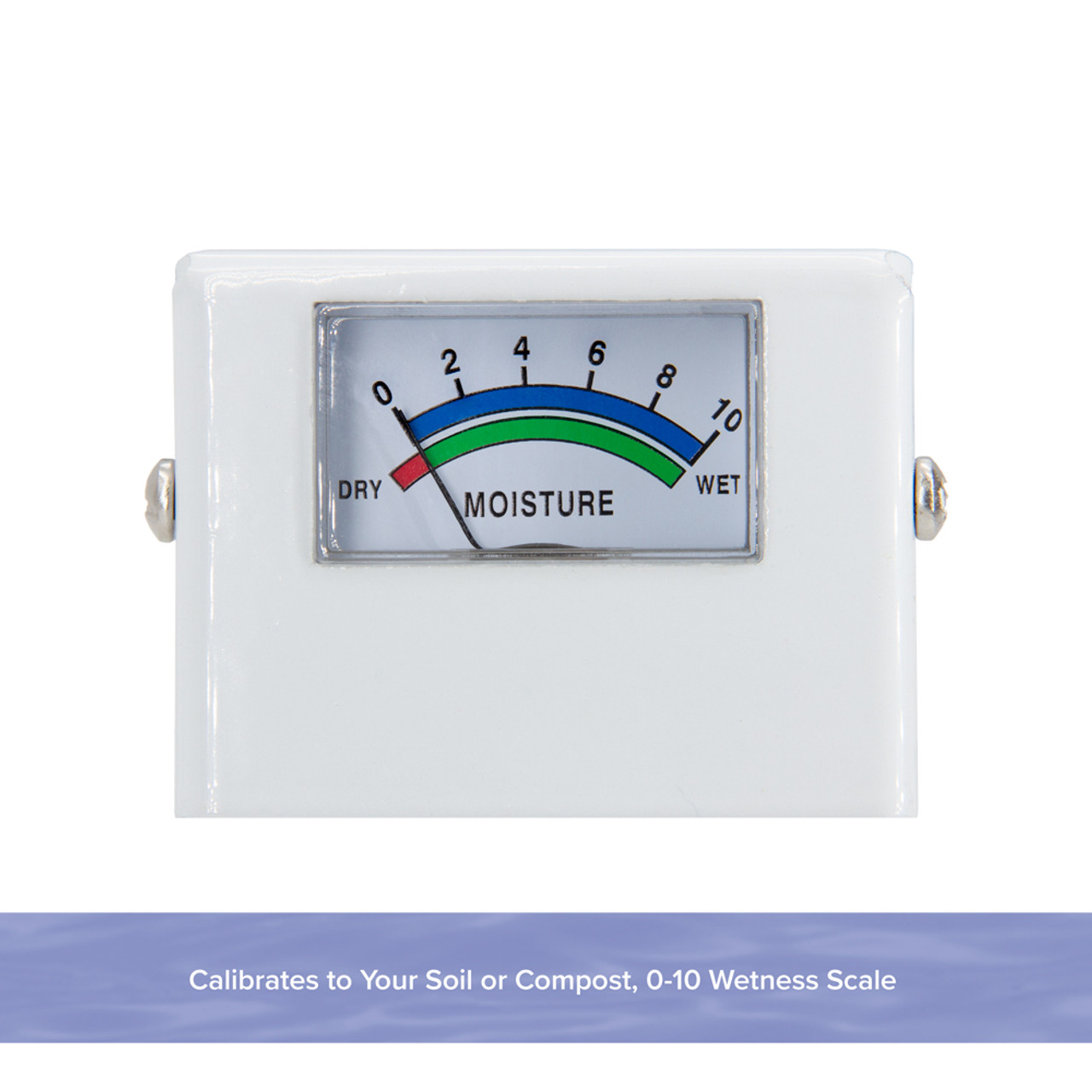How a Moisture Meter Can Improve Your Construction Jobs and Protect Against Damages
How a Moisture Meter Can Improve Your Construction Jobs and Protect Against Damages
Blog Article
The Ultimate Guide to Moisture Meters: A Comprehensive Overview and Exactly How They Can Save You Cash
Moisture meters offer as indispensable tools in finding and monitoring moisture material in materials, aiding in preventing costly damages and guaranteeing the top quality of items. Recognizing the nuances of various types of wetness meters, their applications, and the possible cost-saving advantages they use can be a game-changer for experts and services alike.
Types of Dampness Meters
One typical type is the pin-type dampness meter, which measures the electrical resistance between 2 pins placed into a material. Pinless moisture meters, on the various other hand, usage electro-magnetic sensor plates to check a bigger area without creating damages to the material's surface.

Infrared dampness meters determine the thermal residential properties of a product to determine its moisture material non-invasively, making them beneficial for applications where pin or pinless meters may not be appropriate. Understanding the various types of dampness meters available can assist sectors select the most suitable tool for their details wetness measurement needs.

Advantages of Using Wetness Meters
Dampness meters supply invaluable benefits in precisely keeping an eye on and assessing dampness levels in diverse products and settings (Moisture Meter). One of the key benefits of using wetness meters is the prevention of possible damages triggered by excess dampness. By spotting and resolving high wetness degrees early, moisture meters help to avoid mold and mildew growth, rot, and structural damage in structures, saving both time and cash on repair work. Additionally, moisture meters aid in making sure the quality of materials during building and construction or production processes. By accurately gauging wetness content, these devices assist maintain the honesty of wood, drywall, concrete, and various other products, lowering the threat of failures or flaws.
Additionally, making use of wetness meters can lead to boosted energy performance. In farming settings, moisture meters play a crucial duty in enhancing plant returns by allowing farmers to check dirt moisture degrees and make informed watering decisions.
Just How to Choose the Right Wetness Meter
When selecting a dampness meter, it's crucial to make certain that the meter is suitable for the particular material you will certainly be testing. Different products have varying electric homes that can affect wetness analyses, so choosing a meter created for your material is crucial for accurate outcomes. By carefully assessing these aspects, you can pick a dampness meter that satisfies your demands and supplies accurate moisture measurements for your projects.
Appropriate Methods for Dampness Meter Use

Cost Savings With Dampness Meter Applications
How can the tactical use of moisture meters result in significant cost savings throughout numerous markets? Wetness meters play a vital function in price financial savings by preventing possible damage and making certain quality assurance in various markets. In the agriculture market, wetness meters help in figuring out the optimum time for gathering plants, preventing excess or over-drying dampness that can impact the end product's high quality. This specific surveillance aids farmers prevent unnecessary losses and maximize their return.
In a similar way, in building and construction, moisture meters assist avoid pricey problems by detecting wetness levels in structure materials, such as timber or concrete, which can bring about architectural problems if not dealt with quickly. By determining trouble areas at an early stage, service providers can take corrective procedures to stay clear of comprehensive fixings or replacements, ultimately conserving money and time.
Additionally, in the food handling market, moisture meters are important for monitoring product high quality and ensuring compliance with security laws. By properly measuring dampness web content in food, makers can protect against spoilage, keep freshness, and minimize waste, resulting in considerable price savings. Generally, the tactical application of moisture meters is an important investment that can bring about substantial price decreases and improved performance across numerous markets.
Verdict
In final thought, moisture meters are beneficial devices for spotting and gauging moisture degrees in various products. By utilizing the right moisture meter and adhering to proper techniques, customers can effectively avoid expensive problems caused by excess wetness.
Wetness meters serve as vital devices in detecting and monitoring moisture content in products, aiding in protecting against pricey damages and making sure the high quality of items. Infrared wetness meters determine the thermal homes of a product to establish its dampness web content non-invasively, making them valuable for applications where pin or pinless meters might not be appropriate.Dampness meters use important benefits in properly evaluating and checking wetness levels in varied materials and atmospheres. In agricultural settings, dampness meters play a critical role in maximizing plant returns by making it possible for farmers to keep track of dirt dig this moisture levels and make informed watering decisions.In conclusion, wetness meters are useful tools for determining a fantastic read and finding moisture levels in different materials.
Report this page